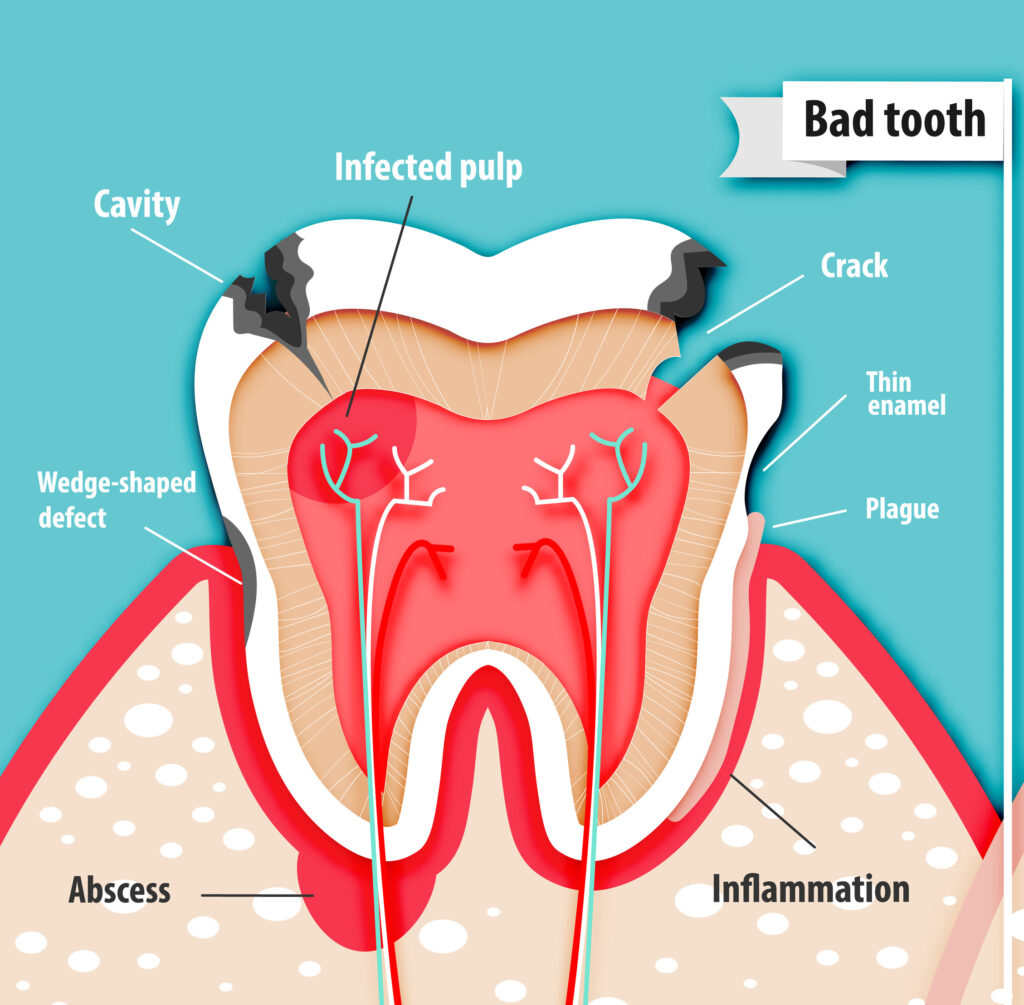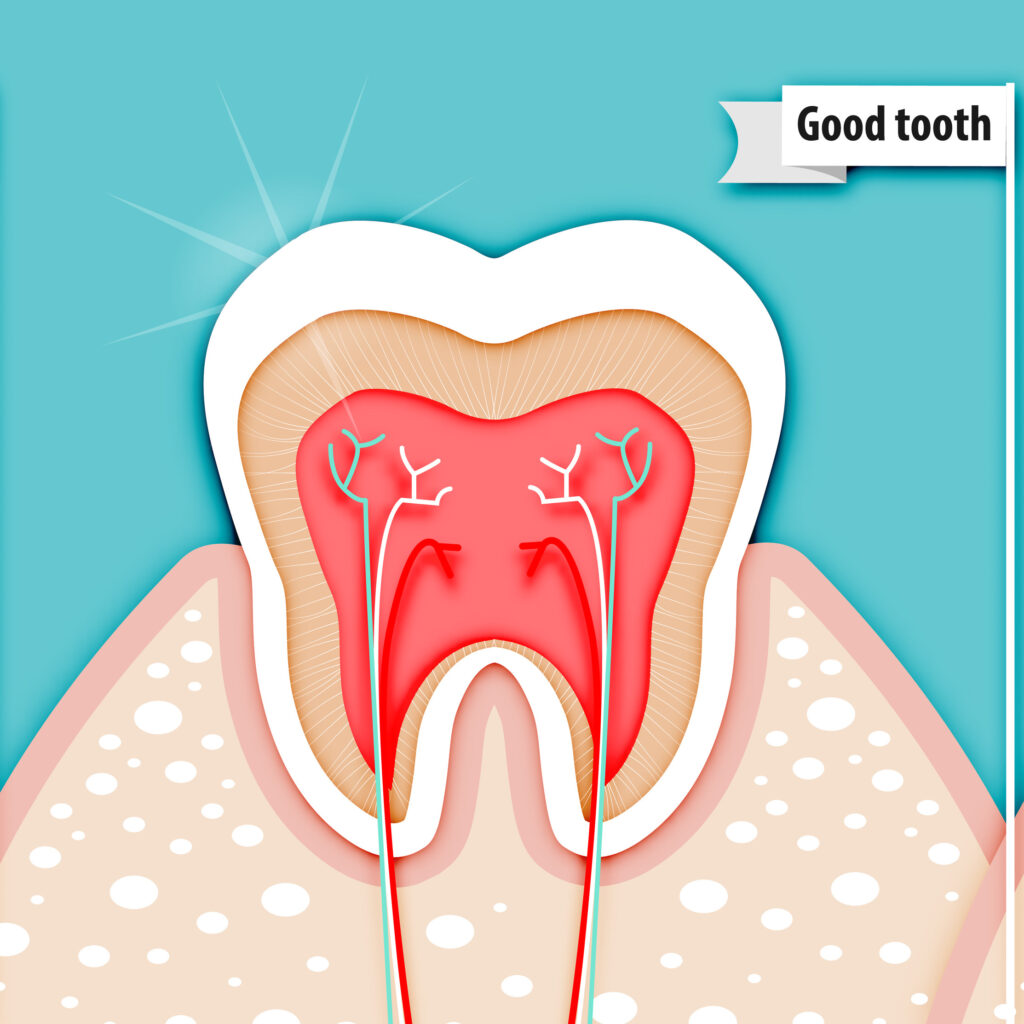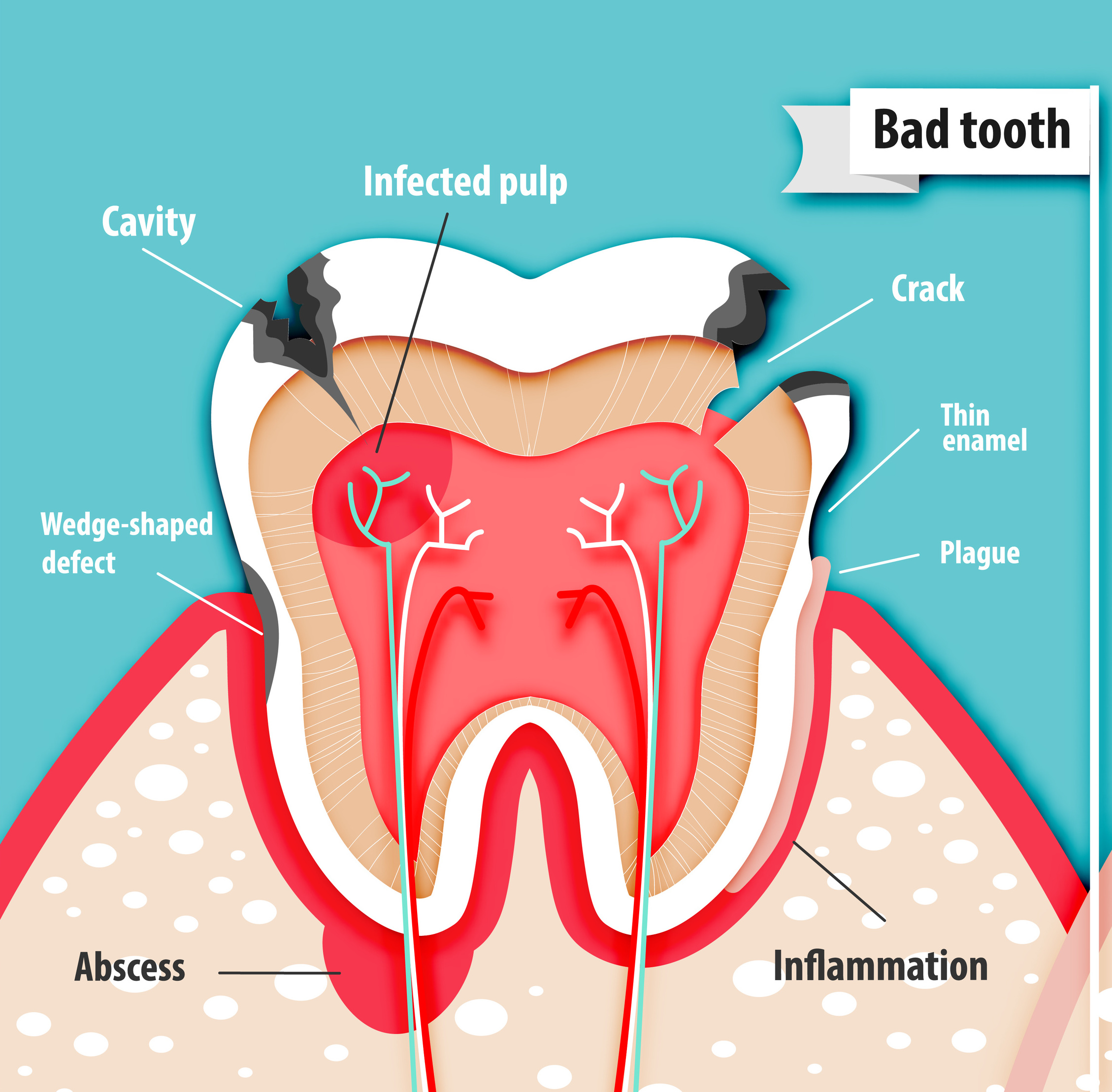Top 8 Dental Emergencies and How To Handle Them
Dental Emergencies May Require Immediate Attention
Dental emergencies can be frightening and stressful, presenting the possibility of distress, pain, and lost time from work or school. It’s important to know how to recognize signs of an oral health emergency – so you can act swiftly if something happens. Whether it is a toothache that won’t subside, broken teeth, chips or cracks in your enamel, swelling in the mouth area, or severe gum pain – all are dental issues that require immediate care. Read on for eight common dental emergencies and guidelines on what steps to take before visiting your dentist!


1. Abscessed Tooth
An abscessed tooth is a serious dental emergency that can cause severe pain and swelling. If you think you have an abscessed tooth, it is important to see a dentist immediately. An abscessed tooth can cause serious health problems if left untreated.
2. Toothache
A toothache is usually caused by an infection or decay in the tooth. It is important to see a dentist as soon as possible if you are experiencing a toothache, as this can be a sign of a more serious problem. In the meantime, you can take over-the-counter pain medication and rinse your mouth with warm salt water to help relieve pain.
3. Knocked Out Tooth
If you knock out your tooth, try to find the tooth and pick it up by the crown (the part that’s visible in your mouth). If you can, put the tooth back in its socket and bite down on a piece of gauze to keep it in place. If you can’t put the tooth back in its socket, put it in a cup of milk or water and call your dentist right away.
4. Broken Tooth
A broken tooth is usually a dental emergency. If you have a broken tooth, it is important to clean the area around the tooth and remove any debris. You can then use a cold compress to reduce swelling. It is important to see a dentist as soon as possible, as a broken tooth can lead to infection.
5. Chipped tooth
If you chip your tooth, it’s important to try and find the piece of the tooth that broke off. If you can find it, bring it with you to the dentist. If you can’t find it, don’t worry. The dentist will be able to fix your tooth. In the meantime, rinse your mouth out with warm water and apply a cold compress to your cheek to reduce swelling.
6. Cracked tooth
If you crack your tooth, rinse your mouth out with warm water and apply a cold compress to your cheek to reduce swelling. Then, call your dentist and schedule an appointment as soon as possible. In the meantime, avoid chewing on that side of your mouth and eat soft foods.
7. Loose tooth
If you have a loose tooth, call your dentist right away and schedule an appointment. In the meantime, avoid chewing on that side of your mouth and eat soft foods. You should also avoid wiggling or pulling on the loose tooth
8. Bleeding Gums
Bleeding gums can be caused by several things, including brushing too hard or gingivitis (inflammation of the gums). Although usually not a dental emergency, if your gums are bleeding, it is important to see a dentist so that they can determine the cause and provide treatment. In the meantime, you can rinse your mouth with warm salt water or use an over-the-counter mouthwash to help reduce inflammation.



